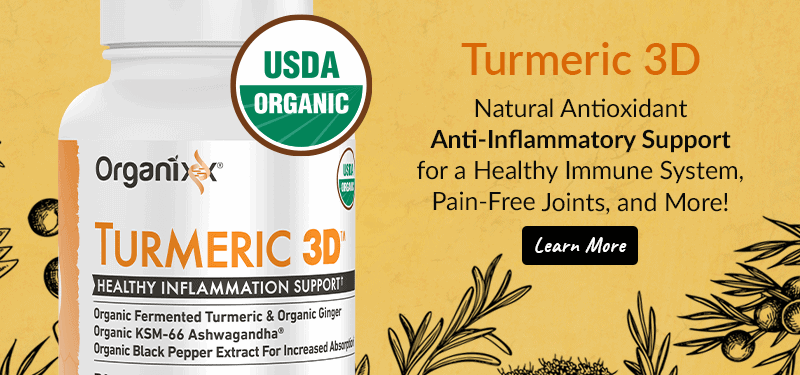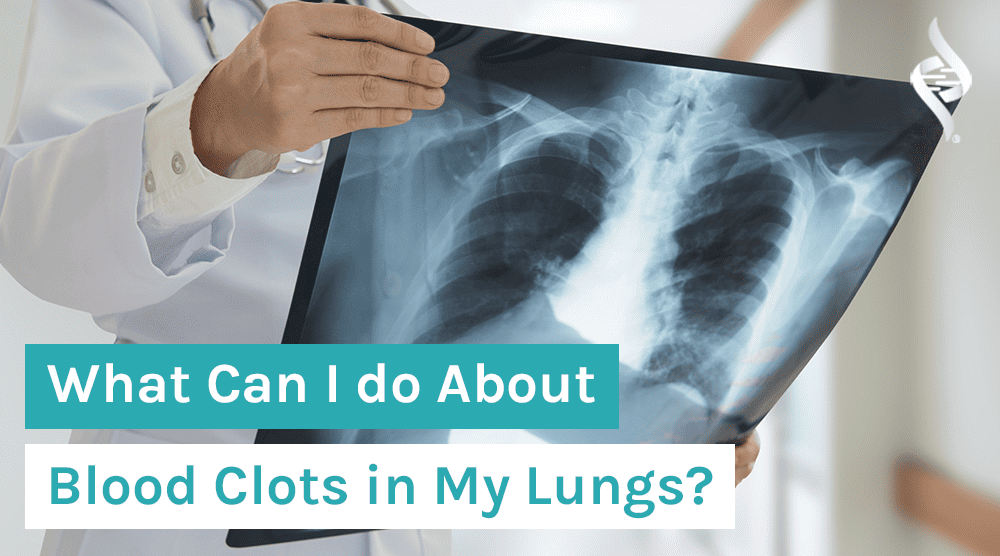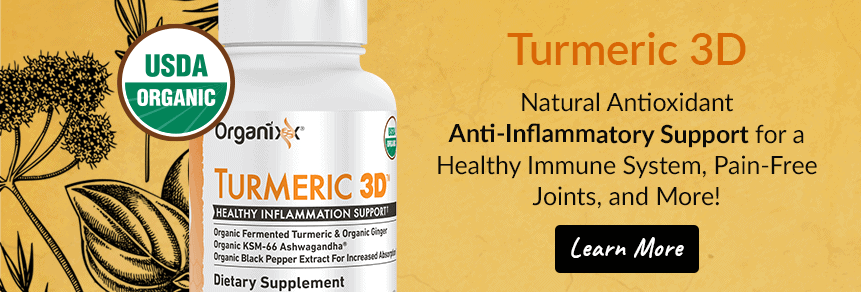What Can I Do About Blood Clots in My Lungs?
Video Transcript:
Today’s Ask Dr. Melissa question comes from Darcy. Darcy asks, “What can I do about blood clots in my lungs?”
Pulmonary Embolism
So, Darcy, this is often known as a pulmonary embolism [1]. And I’ve actually worked with a lot of patients who have pulmonary embolism – or embolisms because usually there’s multiple clots – for an assortment of reasons. Sometimes it’s post-surgical, or after an accident, or after a virus, or a situation where a blood clot moves from another part of the body.
Most notably, I’ve worked with Serena Williams [2] in the early 2010s, when she had her own pulmonary embolism, the first of a few. And so I want to share with you what I’ve shared with her that you might find helpful.
First of all, if you’re aware of a pulmonary embolism, you should be under the care of a pulmonologist and a cardiologist. And often they’re going to be prescribing medication, that is to help break up the clots or thin your blood. This is really important to know, that some medication may be prohibitive of certain herbs and certain natural supplements that I ordinarily recommend.
Test Your Vitamin K Levels
But I can tell you one really important lab value to have tested, actually two lab values, but one is going to be a nutrient, a micronutrient that we call vitamin K.
Understanding where are your vitamin K levels will help you understand if you have low K, then you might be at risk for greater clotting. When we have low vitamin K levels, we have low clotting factor in the blood.
And vitamin K is often given to kids, infants early on, because it helps with the clotting mechanisms. There can be influences that lower your vitamin K levels [3]. Maybe you’re not eating enough food, vitamin K-based foods, maybe there might be medication that’s lowering that level.
Genetic Testing for Clotting Factors
And then another factor that you can test for is genetic kind of testing, to identify your clotting factors, or if you have any type of genetic history or predisposition that leads you to having a blood clotting disorder. Which is really common, and most people aren’t aware of it until unfortunately they have a blood clot that pops up, thrombosis or pulmonary embolism.
Compression Therapy Helps Lower Blood Clot Risk
Now, the second thing that I recommend is actually using compression socks and compression therapy to be more preventive in lowering the risk of more blood clots forming, and then traveling up into the lungs and possibly to the heart. It’s not uncommon, also, that you might have a surgery where they put in a little cage, if you will, that helps prevent a blood clot from getting into your heart, which can be often fatal.
Turmeric & Ginger As Natural Blood Thinners
And the third recommendation here is to look at natural foods that might thin your blood gently, but also being aware that if you are on blood thinners, which is going to be common for blood clots in the lungs, that these might be contraindicated and counterproductive to that medication. But generally, natural blood thinners are going to look like herbs that we know as ginger and turmeric.
Our T3D has the fermented form of turmeric that I love to recommend for a lot of folks that might be trying to be preventive, or maybe they’re looking to lower their blood clot risk, or may have some mild blood clotting, or thrombosis, or even fibrin density in their blood. This can be noted in CDC labs, and folks might be diagnosed with thicker blood. That can be quite helpful.
Consult With Your Doctor to Prevent Contraindications
But again, be very cognizant of the medication you’re taking. You don’t want to thin your blood too much, that can be a risk factor. But also know that over time and dedication and monitoring, that these are less of a risk when they… unfortunately, when many go unchecked.
Make sure, if you aren’t being monitored by a medical team, that you do so and that you routinely check-in. And we’ve seen many cases resolve in three to six months. But definitely check your genetics, because that can tell you if you need to consume ginger and turmeric on the daily after this resolves to help with the blood clotting.
And often, blood clots, depending on the type and the form, can be related to fibrin density in your bloodstream, so making sure you are enhancing your vitamin K intake. And also consuming proteolytic enzymes, like serrapeptase and nattokinase, can be really helpful in breaking up those dense fibrins that are clotting in their activity.
I hope that’s helpful, Darcy. And any of you folks out there who might have other pulmonary or cardiovascular questions, feel free to ask here, and I will answer in future Ask The Doctor replies.
USDA Certified Organic Turmeric 3D from Organixx is a synergistic blend of organic and patented ingredients, including naturally fermented FermaPro® Organic Turmeric Root, along with Organic KSM-66® Ashwagandha, Organic Ginger Root, and Organic Black Pepper Fruit Extract (10%) Piperine. Each ingredient is clinically studied to support inflammation, stress, immune health, and metabolic balance, and optimized with a bioavailable delivery system that boosts absorption by 2,000%.*
*These statements have not been evaluated by the Food and Drug Administration. This product is not intended to diagnose, treat, cure or prevent any disease.





In "What Can I Do About Blood Clots in My Lungs?", you recommend "genetic kind of testing", but don't say what specifically.
So what genetic testing do you recommend?